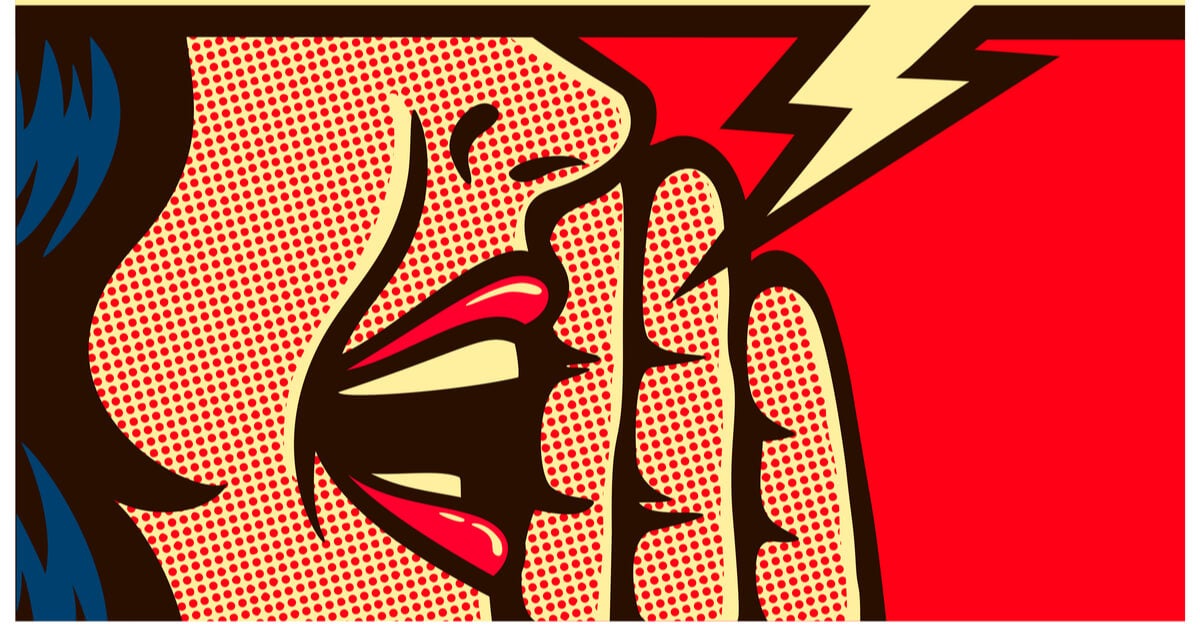Prayers that say things like? Or, are they just words?They have been developed and reproduced by those who do not know the development of language theory that took effect in the twentieth century. Today we know that words are acts of communication and that each person is essentially a traveling discourse.
We are made of words, which are nothing more than the materialization of ideas, and ideas materialize culture. We have a relationship with ourselves, with others and with the world through this culture, these ideas, these words, so the word is at the essence of the human being and has a decisive impact.
- “A single word has the power to influence the expression of stress-regulating genes.
- Both physically and emotionally.
- “Andrew Newberg?.
The only words that the wind takes are those that do not concern us, on the other hand, those that are related to us, or to our imagination, have a profound influence on us. There they stay, shaping our feelings and emotions, our conscience. At present, it could be said that verbal expressions are also or more important than concrete facts.
Neuroscience has found that each oral expression causes different reactions in the brain; positive and negative words generate visible changes. One of the most comprehensive studies on this subject was conducted by psychiatrists Mark Waldman and Andrew Newberg, authors of the book Words Can Change Your Brain. .
Among other things, this book indicates that curious brain reactions to the words “yes” and no “When a sentence begins with the word” no “, the brain begins to produce more cortisol, the stress hormone. The sentence begins with a “yes”, there is an increased release of dopamine, the hormone of well-being.
For example, an experiment at Friedrich Schiller University showed that affective and positive expressions activate the dorsomdial prefrontal cortex of the brain, an area linked to self-image and emotional decision-making, i. e. pleasant and loving words improve our perception of ourselves and facilitate our emotional decisions.
Do we call it negative words, those who send a violent or aggressive message and who somehow end up being destructive to someone. These kinds of words apparently have a stronger and more lasting impact on people than positive expressions.
Simply read several negative words for a few seconds to increase your anxiety level. Words such as “Death”, “Illness”, “Sadness”, “Pain”, “Misére”, etc. , create this increase.
There are studies in which the effect of a negative word is not equivalent to that of a positive word, especially when the negative word is openly directed to a person and their characteristics.
It is estimated that diluting the effect of a negative word requires five positives, so an apology is not enough. There’s still a long way to go.
On the other hand, there are interesting phenomena occurring in the professional field, for example, it has been found that if an employee receives words of thanks and appreciation for his work relatively often, he tends to be more committed to his work. It also tends to be more cooperative and productive.
On average, a person speaks about 70,000 words a day, because it is such a frequent and everyday act that he is not given the importance it really has, yet they are the very essence of who we are and the basis of our relationship with us. ourselves and with others. Good use of words has great potential to improve or worsen our lives.
It is important to pay attention to the use of language, especially in situations of tension, conflict or internal discomfort, in this case we refer not only to the care of what we say to others, but also to what we say to ourselves. Sometimes we just need a moment of silence to find the words that best express what we think or feel.
The potential of the word is enormous. Colombian psychiatrist Carlos Cuéllar recommends starting and ending the day by thanking us simply because we are alive, this indicates that this simple act greatly improves our physical and mental health, let us make the word an ally of well-being and not a trap of failure. .

